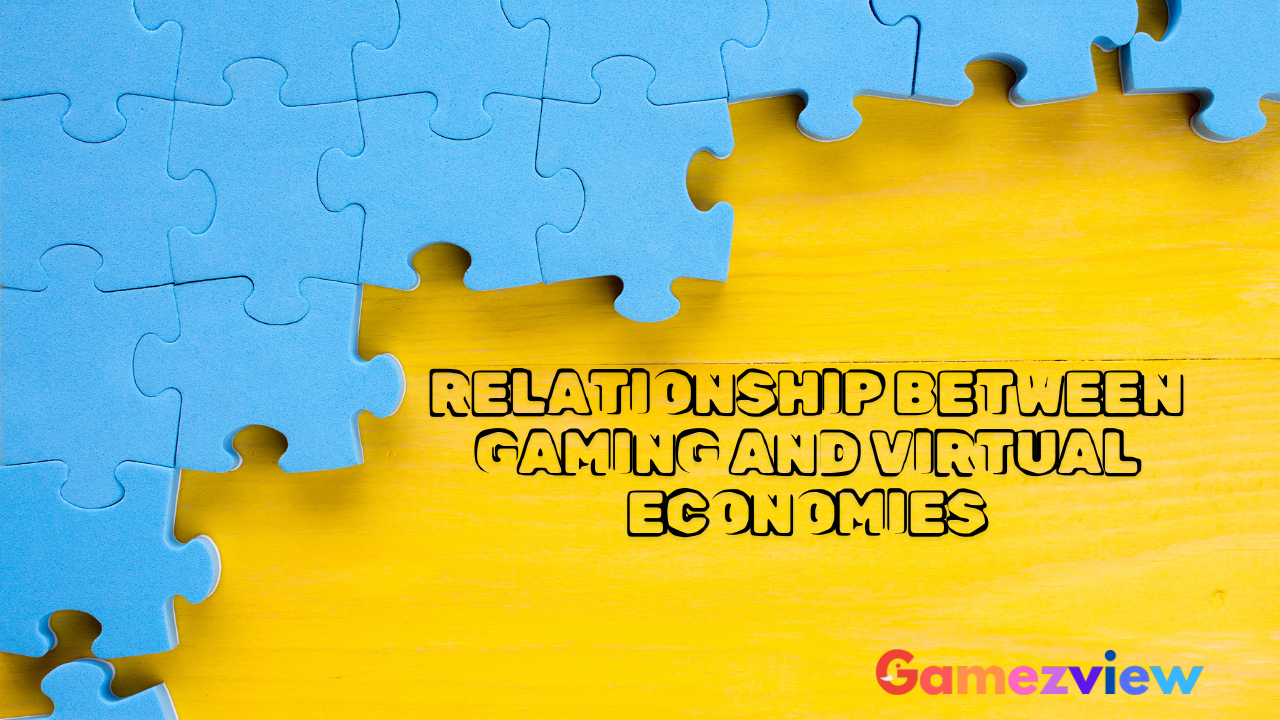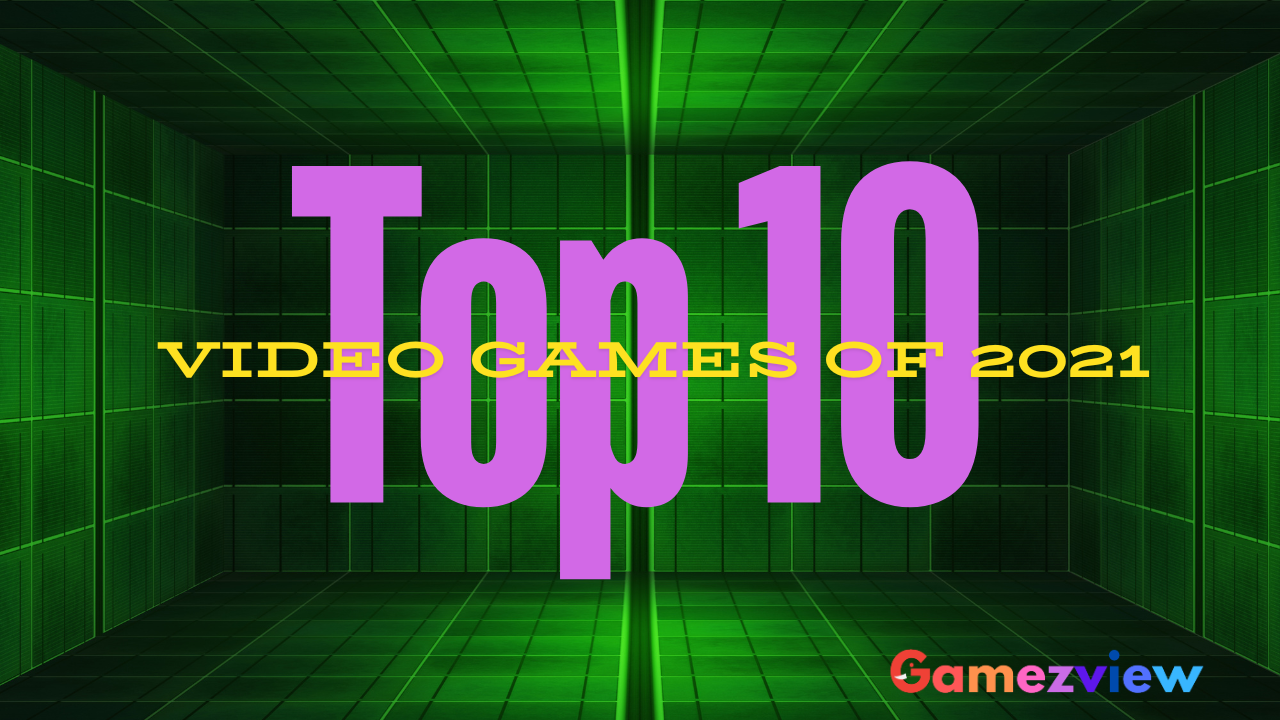The intersection of gaming and virtual economies has become increasingly prominent in recent years, shaping the way players interact with games, collaborate, and even earn a living. In this article, we’ll explore the relationship between gaming and virtual economies, tracing their evolution, examining their mechanics, and discussing their impact on players and the broader gaming industry.
Introduction
Virtual economies, often referred to as in-game economies, refer to the systems of trade and exchange that exist within online gaming communities. These economies are comprised of virtual goods, currencies, and marketplaces that allow players to buy, sell, and trade in-game assets and resources. The relationship between gaming and virtual economies is multifaceted, with virtual economies influencing gameplay mechanics and player behavior, while also reflecting broader economic trends and dynamics.
Evolution of Virtual Economies
Virtual economies have their roots in the early days of online gaming communities, where players would trade virtual items and resources as a form of social interaction and collaboration. Over time, these informal exchanges evolved into more sophisticated in-game economies, with developers introducing currency systems, marketplaces, and trading mechanics to facilitate economic activity within their games.
Types of Virtual Economies
Virtual economies can be broadly categorized into two main types: closed economies and open economies.
Closed Economies
In closed economies, the flow of virtual goods and resources is tightly controlled by game developers, who determine the availability, distribution, and pricing of in-game assets. Players typically earn currency through gameplay activities such as completing quests or defeating enemies, which can then be used to purchase items and upgrades from in-game vendors or auction houses.
Open Economies
In open economies, players have greater freedom and autonomy to buy, sell, and trade in-game assets with each other, often using real-world currency to facilitate transactions. These economies are characterized by player-driven marketplaces and trading systems, where supply and demand dynamics and player behaviour play a significant role in determining the value of virtual goods.
Mechanics of Virtual Economies
Virtual economies are governed by a variety of mechanics and systems that regulate the flow of goods and resources within the game world.
Currency Systems
Most virtual economies feature some form of currency that serves as a medium of exchange for in-game transactions. These currencies can take many forms, from gold coins and credits to virtual tokens and digital assets. Currency systems can vary in complexity, with some games featuring multiple currencies or currency sinks to regulate inflation and maintain economic balance.
Trading and Marketplace Dynamics
Trading and marketplace mechanics allow players to buy, sell, and trade in-game assets with each other. These mechanics can take various forms, including player-to-player trading, auction houses, and player-run shops. Market dynamics such as supply and demand, scarcity, and price discovery play a significant role in determining the value of virtual goods and assets within the game economy.
Player-driven Economies
In open economies, players have a significant degree of agency and autonomy in shaping the virtual economy through their actions and decisions. Player-driven economies are characterized by emergent behaviours such as speculation, arbitrage, and market manipulation, which can have profound effects on the stability and dynamics of the in-game economy.
Impact of Virtual Economies
Virtual economies have a wide-ranging impact on players, communities, and the gaming industry as a whole.
Economic Opportunities for Players
Virtual economies offer players a variety of economic opportunities, from earning in-game currency through gameplay activities to trading virtual assets on secondary markets for real-world profit. For some players, virtual economies provide a means of supplementing their income or even earning a living by participating in online economies and trading virtual goods.
Social and Cultural Dynamics
Virtual economies also play a crucial role in shaping social interactions and cultural dynamics within online gaming communities. Trading and economic activities provide opportunities for players to collaborate, compete, and form social bonds with each other, fostering a sense of community and camaraderie among players from diverse backgrounds and interests.
Challenges and Concerns
Despite their many benefits, virtual economies also present challenges and concerns that must be addressed to ensure their continued health and sustainability. Issues such as fraud, exploitation, and market manipulation can undermine player trust and confidence in virtual economies, while regulatory and ethical considerations surrounding real-money trading and secondary markets raise questions about the legal and ethical implications of virtual economies.
Case Studies
Several notable virtual economies have emerged within the gaming industry, each with its unique characteristics and dynamics.
Integration of Virtual Economies Beyond Gaming
In addition to their role within gaming, virtual economies are also being integrated into other areas of digital life, including virtual goods and marketplaces, blockchain-based ecosystems, and non-fungible tokens (NFTs).
Virtual Goods and Marketplaces
Virtual goods and marketplaces allow users to buy, sell, and trade digital assets and items across a variety of platforms and environments. From virtual clothing and accessories to in-game items and collectables, virtual goods marketplaces offer a wide range of opportunities for users to engage in economic activities and transactions within virtual spaces.
Blockchain and NFTs
Blockchain technology and non-fungible tokens (NFTs) are revolutionizing the way we think about ownership and value in the digital world. By leveraging blockchain technology, developers can create unique, verifiable digital assets that can be bought, sold, and traded on decentralized marketplaces, opening up new possibilities for ownership, monetization, and economic activity within virtual environments.
Future Trends and Implications
As technology continues to advance and the gaming industry evolves, virtual economies are likely to become even more prominent and influential in shaping the future of gaming and digital entertainment.
Continued Growth and Innovation
Virtual economies will continue to evolve and innovate, driven by advances in technology, changes in consumer behaviour, and shifts in the gaming landscape. New platforms, technologies, and business models will create new opportunities and challenges for developers, players, and stakeholders in the gaming ecosystem.
Regulatory and Ethical Considerations
As virtual economies become increasingly integrated into digital life, regulators and policymakers will need to grapple with the legal and ethical implications of virtual economies, including issues such as taxation, consumer protection, and intellectual property rights. Ensuring the safety, security, and fairness of virtual economies will require collaboration and coordination among industry stakeholders, regulators, and policymakers to develop clear and effective regulatory frameworks that protect consumers while fostering innovation and growth.
The relationship between gaming and virtual economies is a complex and dynamic one, shaped by a variety of factors including technology, economics, and player behaviour. From in-game currencies and marketplaces to blockchain-based ecosystems and NFTs, virtual economies are transforming the way we think about value, ownership, and economic activity in the digital age. As virtual economies continue to evolve and expand, they will play an increasingly important role in shaping the future of gaming, digital entertainment, and the broader digital economy.





